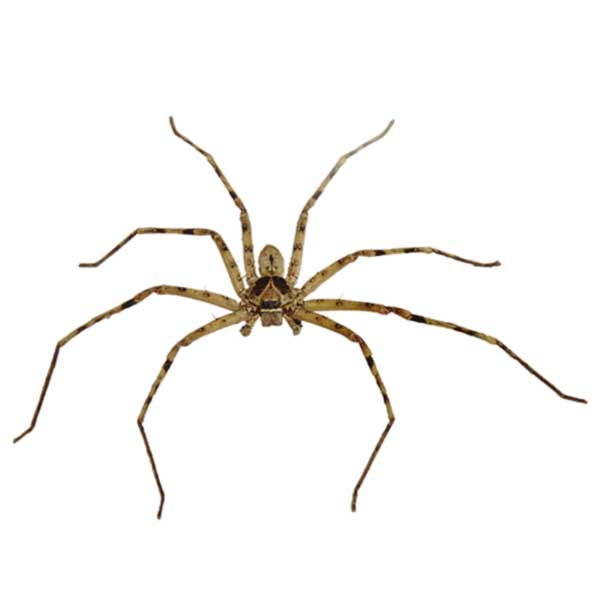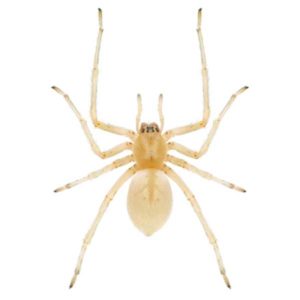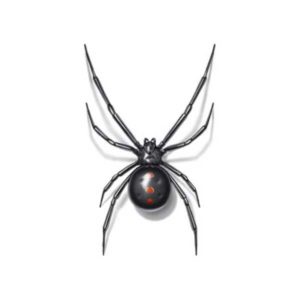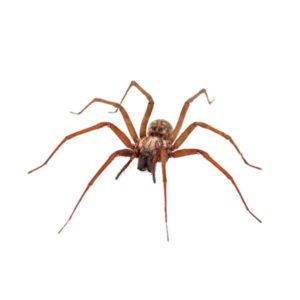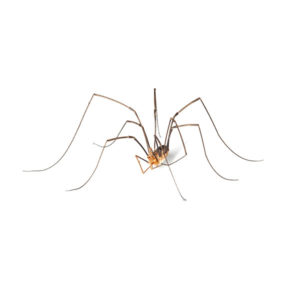Huntsman Spiders in St. Louis
The huntsman spider is one of the largest spider species in the world and is sometimes referred to as the giant crab spider or the banana spider. Although occasionally mistaken for a large brown recluse spider, the huntsman spider is not venomous nor is it related to the brown recluse species. Huntsman spiders are fast, and unlike other spiders, do not spin webs to trap unsuspecting prey. They commonly hunt down their prey, and can sometimes be found in homes.
Huntsman Spider Habitat
Huntsman spiders can move quickly and prefer hiding in dark places during the day, emerging at night to hunt. They are commonly found hiding under tree bark, in woodpiles, structures, and even cars. Their flattened bodies enable them to fit through small cracks and crevices, allowing them to enter homes, barns, sheds, and other sheltered areas. Being cold-sensitive, these spiders cannot exist outdoors in areas with freezing winter temperatures. In cold weather they can be found indoors, under furniture or cabinets, behind wall hangings, and in closets and garages.
Huntsman Spider Behaviors, Threats, or Dangers
Huntsman spiders are not venomous enough to require hospitalization, but bites are very painful and may cause other side effects in sensitive individuals. While these arachnids are large, they are not generally aggressive and most huntsman spiders will likely try to run away rather than bite. Huntsman spiders are considered beneficial as they feed on a variety of insects, such as cockroaches, moths, and on occasion, small reptiles.
If you are dealing with huntsman spider problems on your property, contact your local spider exterminators.

